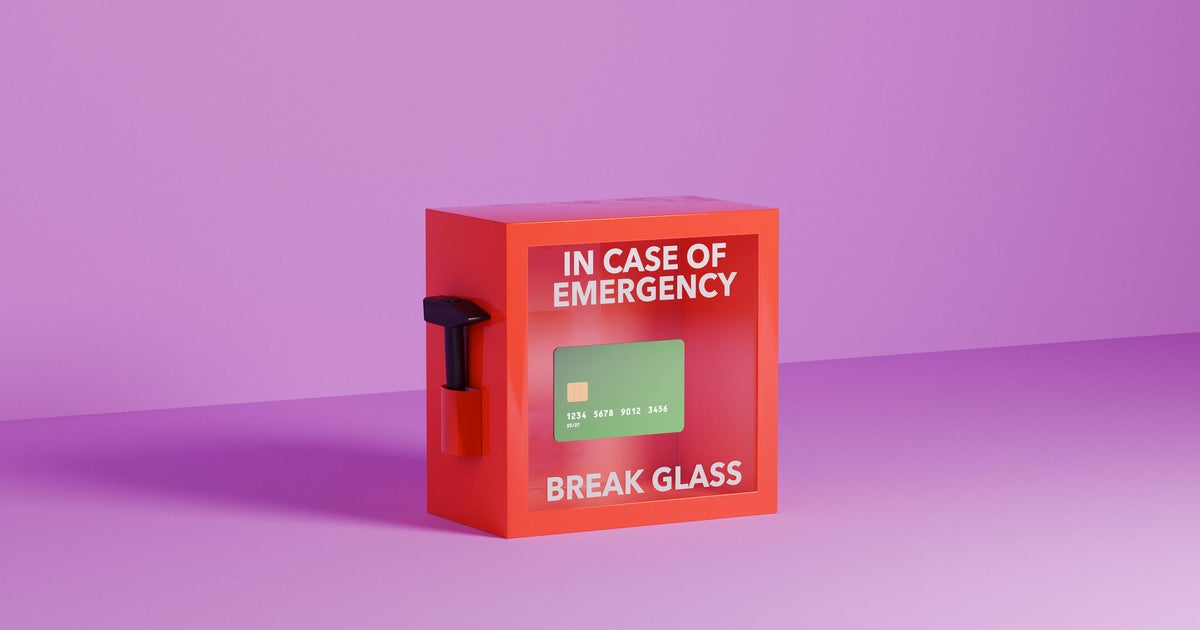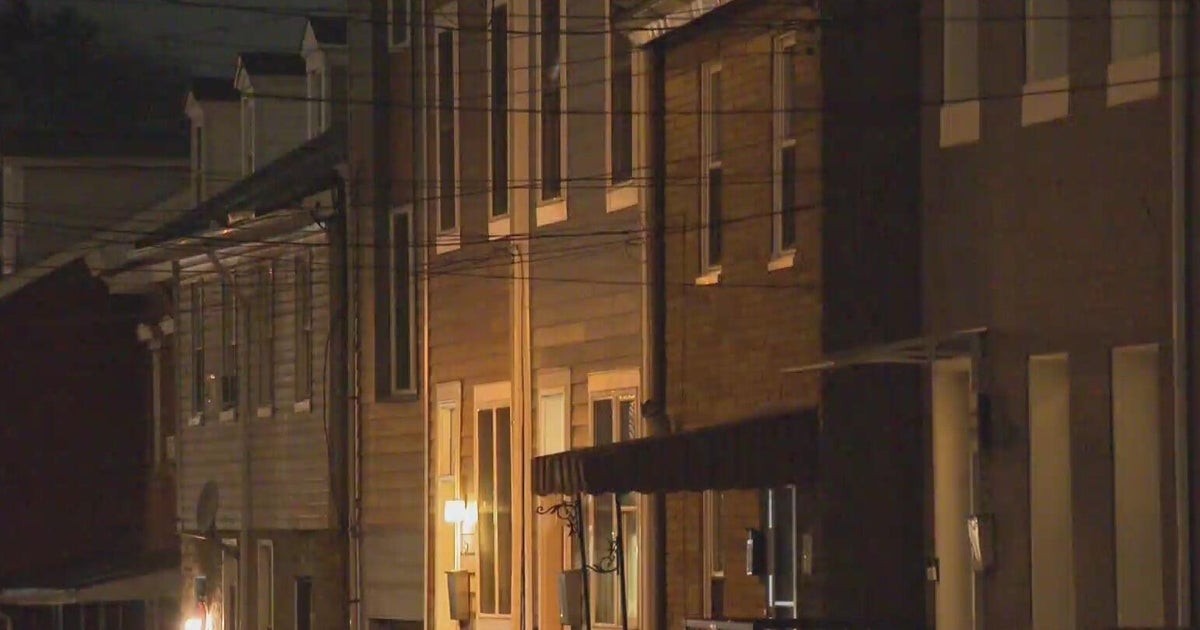Should you use home equity for emergencies?
Homeowners have access to one of the best resources available today for borrowing money: The equity they've built in their homes. Home prices have risen over the past several years as homeowners work to pay down their mortgages, leaving many sitting on large amounts of equity today.
Home equity loans and home equity lines of credit (HELOCs) both allow homeowners to access that equity at competitive interest rates, even in today's high rate environment. You can use this money for any purpose, but home improvements, renovations or debt consolidation are common.
If necessary, you may even use your home equity to help cover emergency expenses. This can be a great way to avoid taking on higher-interest debt, but it may not be the best idea for every homeowner.
Want to tap into your home equity? Learn more about loan rates you can qualify for now.
Should you use home equity for emergencies?
Everyone will encounter unwelcome emergency expenses at some point. Whether an unexpected auto repair or extended loss of income, emergencies can quickly grow expensive. That's why experts recommend saving at least three to six months of expenses in a high-yield savings account.
"I'd rather pay cash rather (sic) than borrow, especially at these rates," says Gregory Crofton, CFP, founder of Adap Tax Financial. He also recommends: "Maintain an emergency fund of at least 3 to 6 months of expenses and be careful to avoid overspending, especially with debt."
But not everyone has the means for a fully-stocked emergency fund. Home equity may be another resource for eligible homeowners to consider because home equity loans and HELOCs carry competitive interest rates. They're secured by the value of your home, so you can typically qualify for lower rates than with credit cards or personal loans — especially if you apply with good credit.
In fact, there are a few instances in which accessing your home equity for emergencies could be smart. Funding emergency home repairs is one example. That's because if you use home equity loan or HELOC funds for eligible home improvements, the interest you earn may be tax deductible.
If you are considering using home equity for emergencies, it may be smart to choose a HELOC. "My recommendation is to have a HELOC emergency use only and don't draw funds otherwise," Crofton recently told CBS News.
In other words, you could secure a HELOC today, before an emergency strikes, and leave the funds untouched. You won't accrue interest until you actually withdraw an amount, but you will have access to the equity if you need it. HELOCs can come with draw periods up to 10 years, leaving you plenty of time to rely on it if necessary while you build your emergency savings.
See what home equity rates you may qualify for today here!
What to know before using home equity for emergencies
Using your home equity to cover emergencies can also be risky.
For emergencies specifically, you may risk not being able to access your funds in time to cover the expense. If you haven't already applied for and been approved for the home equity loan or HELOC, it could take a few weeks for the lender to approve and disburse the money.
More generally, because home equity loans and HELOCS are secured by the value of your home, you could risk losing it if you default on your payments.
"A home equity loan or HELOC may provide a much better interest rate than a personal loan or credit card, but can still put you at risk if you can't afford to make the payments," says Colin Zizzi, CFP, founder of Zizzi Investments. Make sure you calculate your monthly payments to determine if they fit within your budget, and be aware of how your interest rate could change over time and potentially increase what you owe each month.
The bottom line
Before you face an unexpected emergency expense, it pays to have a plan in place. If you don't have enough in your emergency fund to cover the emergency, tapping into your home equity could be worth considering. If it carries the lowest cost or you're able to save on interest by using it for eligible home repairs, it could be a smart choice. But make sure you understand the costs involved — and potential risk to your home — before you decide.




